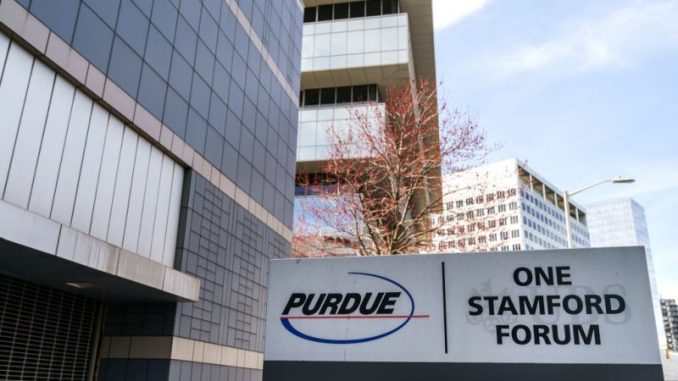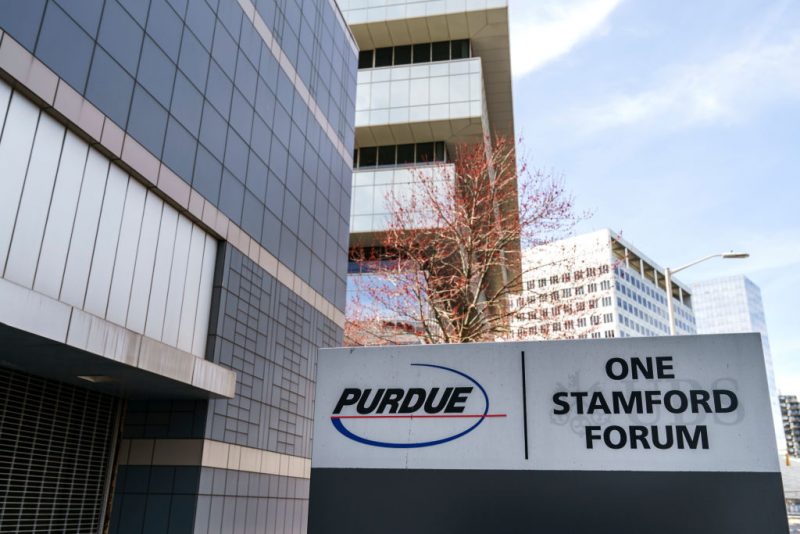

OAN’s James Meyers
8:20 AM – Thursday, June 27, 2024
The Supreme Court blocked the historic opioid settlement, involving opioid maker Purdue Pharma on Thursday, stating that the settlement inappropriately included legal protections for the Sackler family.
Advertisement
In a 5-4 ruling, the Supreme Court ruled that the bankruptcy court did not have the authority to release the Sackler family members from legal claims made by opioid victims.
As part of the terms in the deal, the Sackler family, which controlled the company, had agreed to pay $6 billion that could be used to settle opioid-related claims, but only in return for a complete release from any liability in future cases.
Additionally, the settlement, including assets held by Purdue, would be worth significantly more, with the company claiming it will help negate the impact of opioid abuse.
No Sackler’s have had any involvement in the company since 2019.
Purdue made billions of dollars from OxyContin, which is a widely available and addictive painkiller that fueled the opioid epidemic. The company’s tactics in aggressively marketing the drug came under increasing scrutiny as thousands of people died from opioid overdoses.
As the company’s fortunes began to tank, it wanted bankruptcy protection, but the Sackler family did not. However, they negotiated a separate deal with Purdue and plaintiffs in pending lawsuits that would allow the company to give a new look to address the opioid crisis.
Meanwhile, a group of over 60,000 people who have filed personal injury claims that came from their exposure to Purdue opioid products told the Supreme Court they support the settlement, which included legal immunity for members of the Sackler family.
Canadian municipalities and Indigenous First Nations were among those that objected to the settlement.
Purdue flourished under brothers Mortimer and Raymond Sackler, who died in 2010 and 2017.
The family took advantage of the wealth, reaping billions and spent it on a lavish lifestyle, including on high priced charitable projects.
The family also told the Supreme Court that it continues to back the settlement.
In a brief filed on behalf of the relatives of Mortimer Sackler, most of whom are based in other countries, lawyers warned of “significant litigation costs and risks” in seeking to enforce any foreign court judgments against the family if the settlement were thrown out.
Stay informed! Receive breaking news blasts directly to your inbox for free. Subscribe here. https://www.oann.com/alerts

